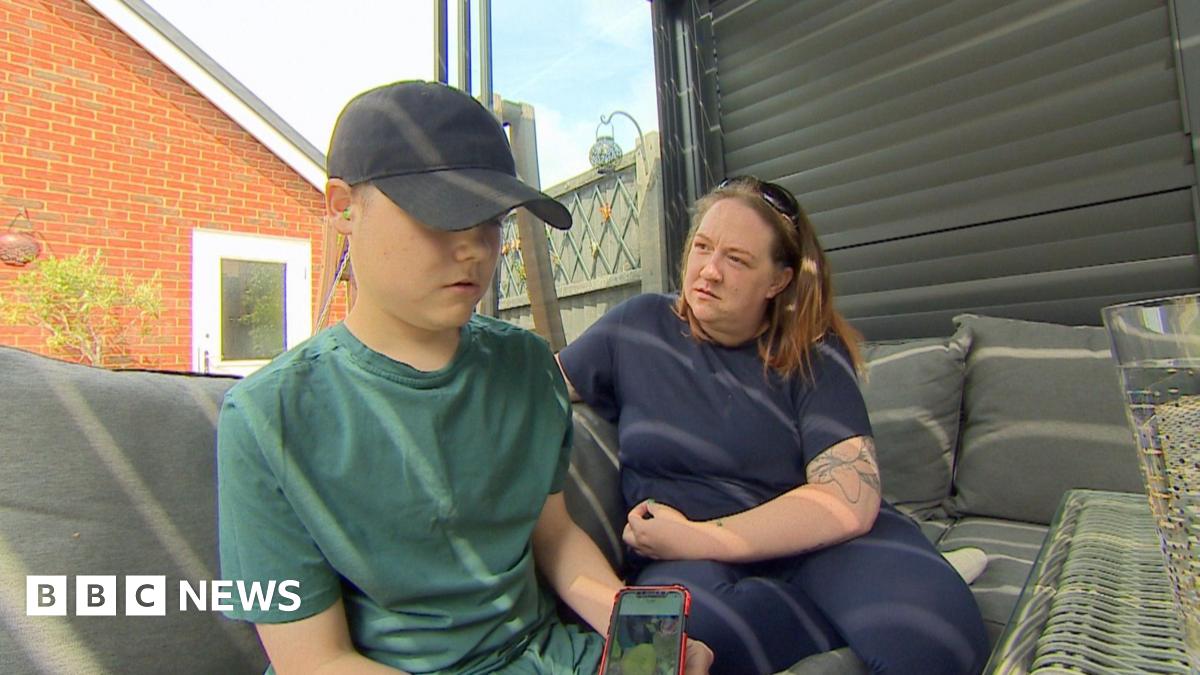Tora’s 16-year-old son Mason has complex needs, including autism, type 1 diabetes and a severe learning disability.
She said Mason was asked to leave his special educational needs school in October last year, when they felt they could no longer meet his needs.
“He’s lost all his confidence. At the beginning he wouldn’t leave the house. His behaviour deteriorated as well. He was very challenging,” Tora said.
Since then, Tora says they have applied for places at 20 different schools, all of which have rejected him, saying his needs are either not great enough or too great.
East Sussex County Council says it cannot comment on individual cases, but that it works with parents and carers “to find an education setting which can meet their individual needs”.
In a statement it said: “As is the case nationally, the level of demand for specialist provision in East Sussex outstrips supply, this is despite there being much better availability of special school places in East Sussex than in many parts of the country.”
The number of education health and care plans (EHCPs) issued in England – which allow children with SEND to access support – has increased by 140% between 2015 and 2024, according to the Office for National Statistics.
Increased funding from government has been insufficient to meet demand, with an estimated £4.6bn deficit in council schools budgets across England expected next year, the National Audit Office says.

